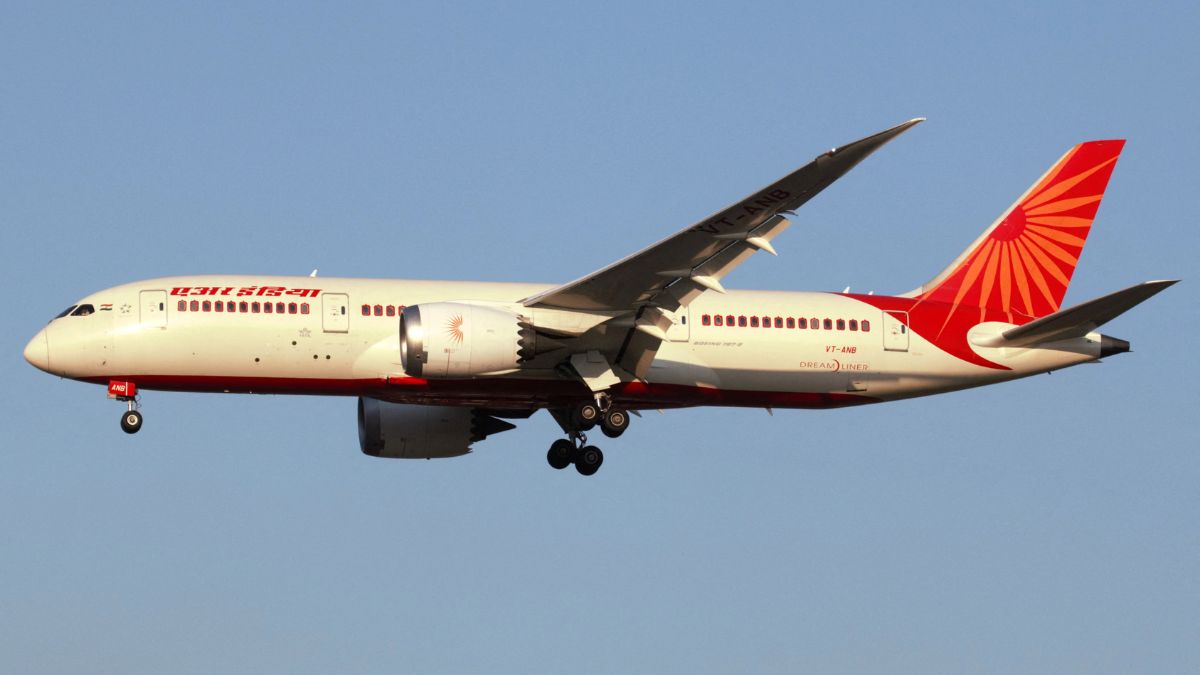The Indian aviation sector is facing heightened scrutiny as passenger complaints and technical aircraft issues continue to mount.
According to data shared by Civil Aviation Minister Rammohan Naidu in a parliamentary session on Monday, the Directorate General of Civil Aviation (DGCA) has recorded a staggering number of complaints in the first half of 2025, reaching nearly 98 per cent of the total complaints filed throughout the entire year of 2024.
In a written response to a query raised by MP Mukul Balkrishna Wasnik, Naidu revealed that 3,925 passenger complaints were lodged with the DGCA from January to June 2025.
This figure is alarmingly close to the 4,016 complaints recorded for the whole of 2024.
For context, the DGCA had received 5,513 complaints in 2023, 3,783 in 2022, and 4,131 in 2021, indicating a persistent issue in addressing passenger grievances.
Technical defects in aircraft
Beyond passenger dissatisfaction, technical defects in aircraft have also emerged as a significant concern.
Naidu’s reply highlighted that, as of June 2025, 183 technical defects were reported, accounting for 43 per cent of the 421 defects recorded in 2024.
In comparison, 448 defects were reported in 2023, 528 in 2022, and 514 in 2021.
Over the past five years, up to June 2025, a total of 2,094 investigations have been conducted into serious defects or snags reported in aircraft.
Naidu stressed that all aircraft operators are required to have systems in place to ensure that defects—whether identified by flight crews or maintenance teams—are documented and investigated promptly.
Impact Shorts
More Shorts“All defects which are serious in nature are intimated immediately to DGCA,” he stated, underscoring the regulatory oversight in place.
The minister’s remarks come in the wake of a tragic Air India crash in Ahmedabad that claimed 260 lives, amplifying concerns about aviation safety.
Addressing the steps taken to bolster safety, Naidu noted, “DGCA has comprehensive and structured civil aviation regulations for safe operation of aircraft and its maintenance. These regulations are continuously updated and aligned with the International Civil Aviation Organisation (ICAO)/European Union Aviation Safety Agency (EASA) standards. Post-accident, DGCA enhanced the check and inspection of the critical component of safety assurance in order to identify and rectify immediate systemic issues.”
)